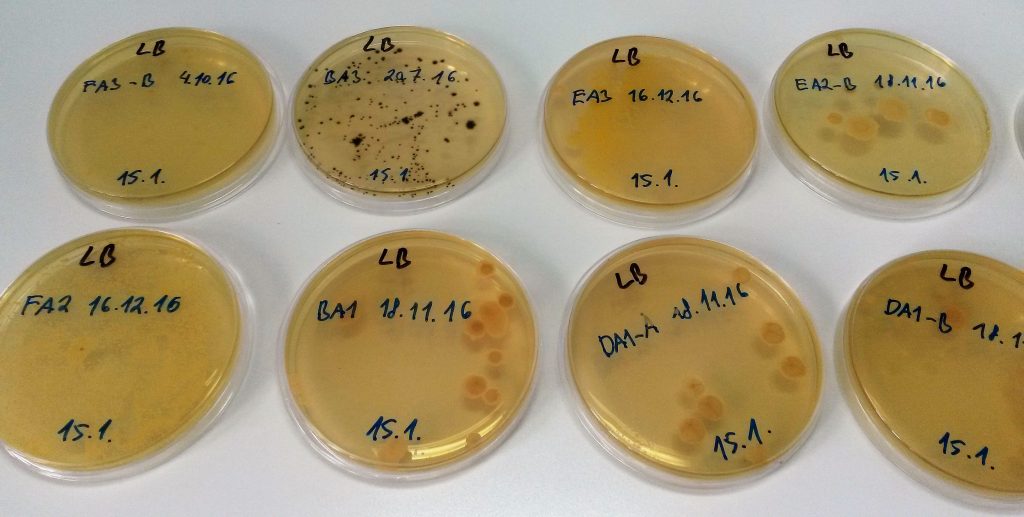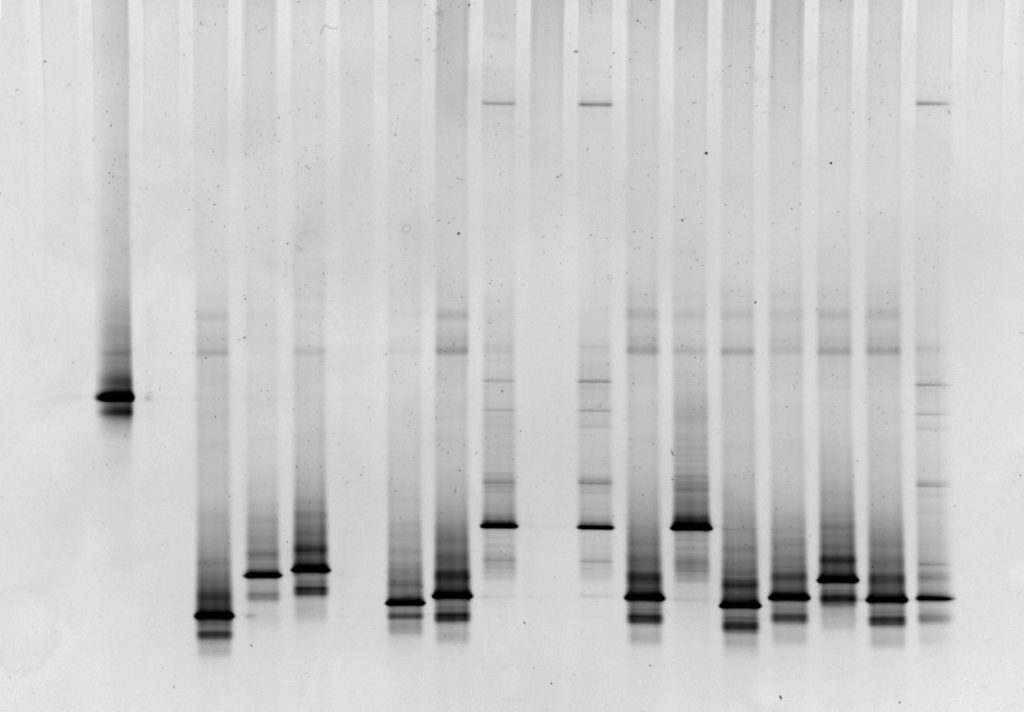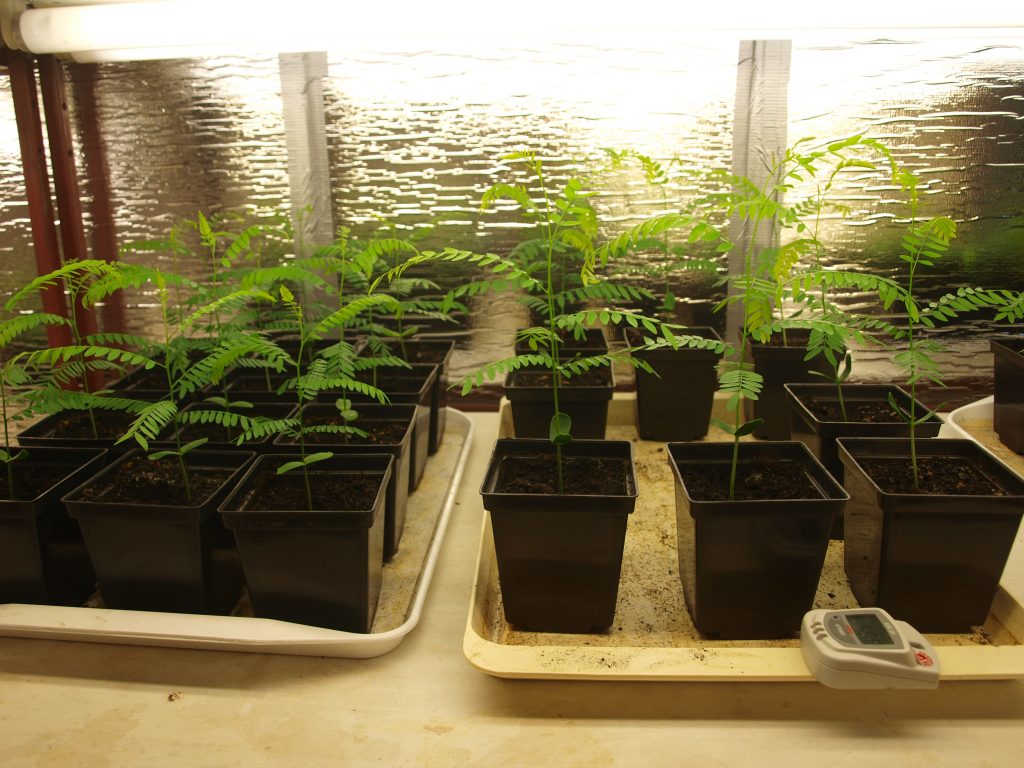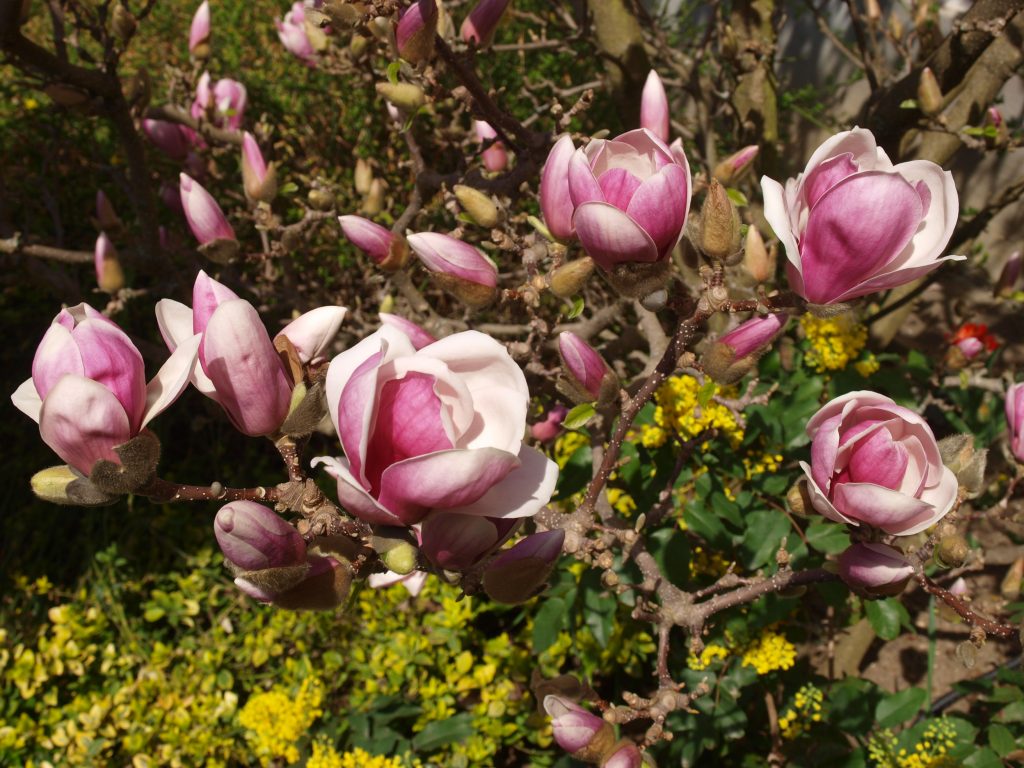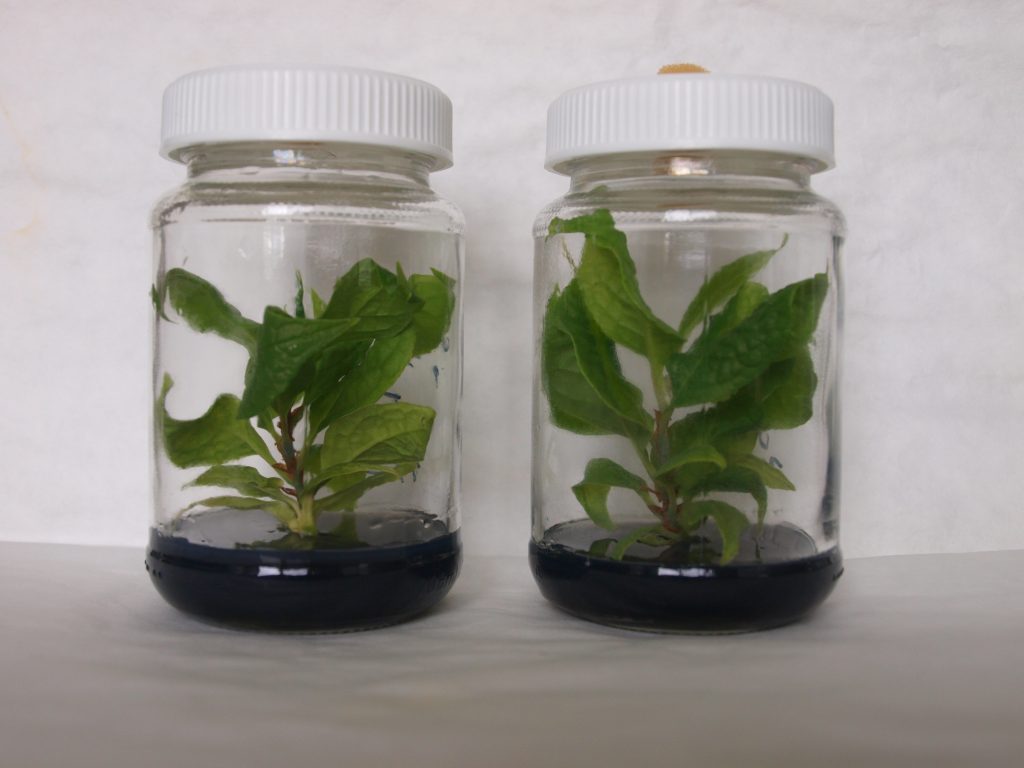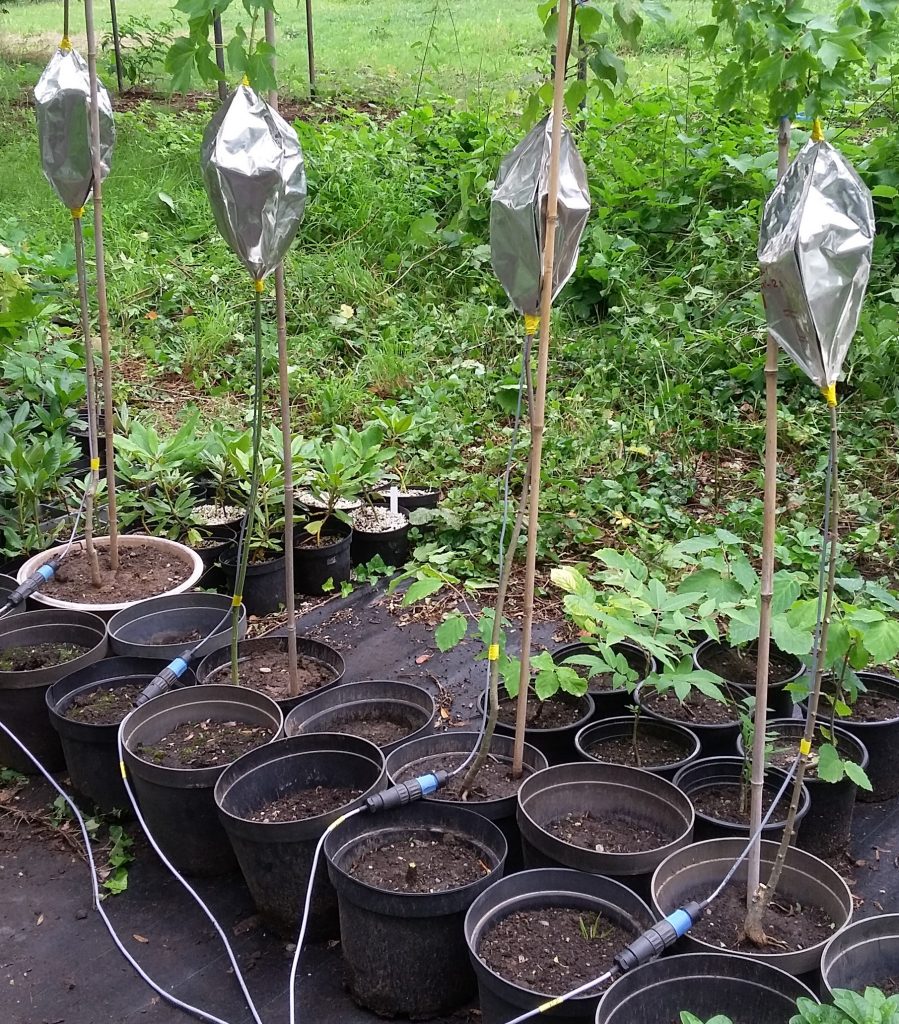Dendrobiology Research Group (Mlyňany Arboretum)
Head of the Research Group: Dr. Peter Ferus
Areas of research
- Improvement of the abiotic stress tolerance in ornamental plantations for fitting the future climate/urban extremes, as based on the introduction programme of the allochtonous dendroflora in the Mlyňany Arboretum
- Analysis of the endophytic microbiome dynamics in ornamental woody plants in respect of environmental and biological factors, endophytic microbiome bioprospecting in medicine and agriculture (screening for secondary metabolite production)
- In vitro protocols set up for micropropagation of the attractive woody plant genotypes
- Bio-technologies enhancing production of the pharmacologically active compounds in the woody plant tissues
- Assessment of the three-way interactions between plants, arthropods and microbes, effectivity of microbes in plant disease regulation and pH influence on the microbial composition (meta-analysis of the current knowledge utilizing statistical analysis and modeling)
- Study of the role of growth, reproduction-biology and eco-plasticity features in the woody plant invasion process, prediction of the future invasions
- Searching for bio-herbicides effective in regulation of the most dangerous invasive woody plant species, revealing of their metabolic targets
Objectives
- to enhance the abiotic stress tolerance in the introduced woody plant species for stabilization of the ornamental plantations under the continuous climate change/urban environment
- to better understand the seasonal dynamics of plant endophyte microbiome and factors shaping the endophytic community, to identify endophytes promoting plant growth and/or stress tolerance of woody plants as well as antimicrobial activities for plant protection/medicinal use
- to create protocols for effective micropropagation of the attractive ornamental woody plants
- to formulate methods for maximalization of the pharmacological compounds production
- to describe general patterns, knowledge gaps and most important impacts of three-way plant-arthropod-microbe interactions on woody plants to be able to predict outcomes of the complex biological interactions
- to reveal what is behind the switch of non-native woody plants to the invasive behaviour
- to identify effective allepathic agents/bio-herbicides able to suppress the most invasive woody plant species
Click to members
Oddelenie dendrobiológie (Arborétum Mlyňany)
Vedúci oddelenia: Ing. Peter Ferus, PhD.
Oblasti výskumu
- Zvýšenie tolerancie okrasných výsadieb voči abiotickým stresorom pre ich stabilizáciu v podmienkach klimatickej zmeny/mestských aglomerácií – v previazanosti na introdukčný program allochtónnej dendroflóry v Arboréte Mlyňany
- Analýza dynamiky endofytického mikrobiómu v okrasných drevinách vo vzťahu k environmentálnych a biologických faktorov, bioprospecting endofytov v medicíne a poľnohospodárstve (skríning produkcie sekundárnych metabolitov)
- Nastavenie in vitro protokolov pre mikropropagáciu atraktívnych genotypov drevín
- Biotechnológie pre zvýšenie produkcie farmakologicky aktívnych látok v pletivách drevín
- Mapovanie trojcestných interakcií medzi rastlinami, článkonožcami a mikróbmi, účinnosti mikróbov v boji s ochoreniami rastlín a vzťahu pH a kompozície mikrobiómu (meta-analýza súčasného poznania s použitím štatistickej analýzy a modelovania)
- Štúdium úlohy parametrov rastu, reprodukčnej biológie a ekologickej plasticity v inváznom procese drevín, predikcia budúcich invázií
- Identifikácia nových bioherbicídov účinných proti najnebezpečnejším inváznym drevinám, popis mechanizmu ich účinku
Ciele
- zvýšiť toleranciu introdukovaných drevín voči abiotickému stresu pre stabilizáciu okrasných výsadieb v podmienkach klimatickej zmeny/urbánneho prostredia
- lepšie pochopiť sezónnu dynamiku rastlinného endofytického mikrobiómu a faktorov definujúcich endofytickú komunitu, identifikovať endofyty podporujúce rast a/alebo toleranciu rastlín voči stresu ako aj antimikrobiálnu aktivitu pre ochranu rastlín/medicinálne využitie
- vypracovať protokoly pre efektívnu mikropropagáciu atraktívych okrrasných drevín
- formulovať biotechnologické metódy pre maximalizáciu produkcie
- popísať všeobecné vzory, medzery v poznatkoch a najvýznamnejšie účinky trojcestných interakcií rastlina-článkonožec-mikroorganizmus na dreviny za účelom predikcie výstupov týchto komplexných interakcií
- odhaliť pozadie prechodu nepôvodných drevín k inváznemu správaniu
- identifikovať allelopatiká/bioherbicídy účinné boji s najnebezpečnejšími inváznymi drevinami

